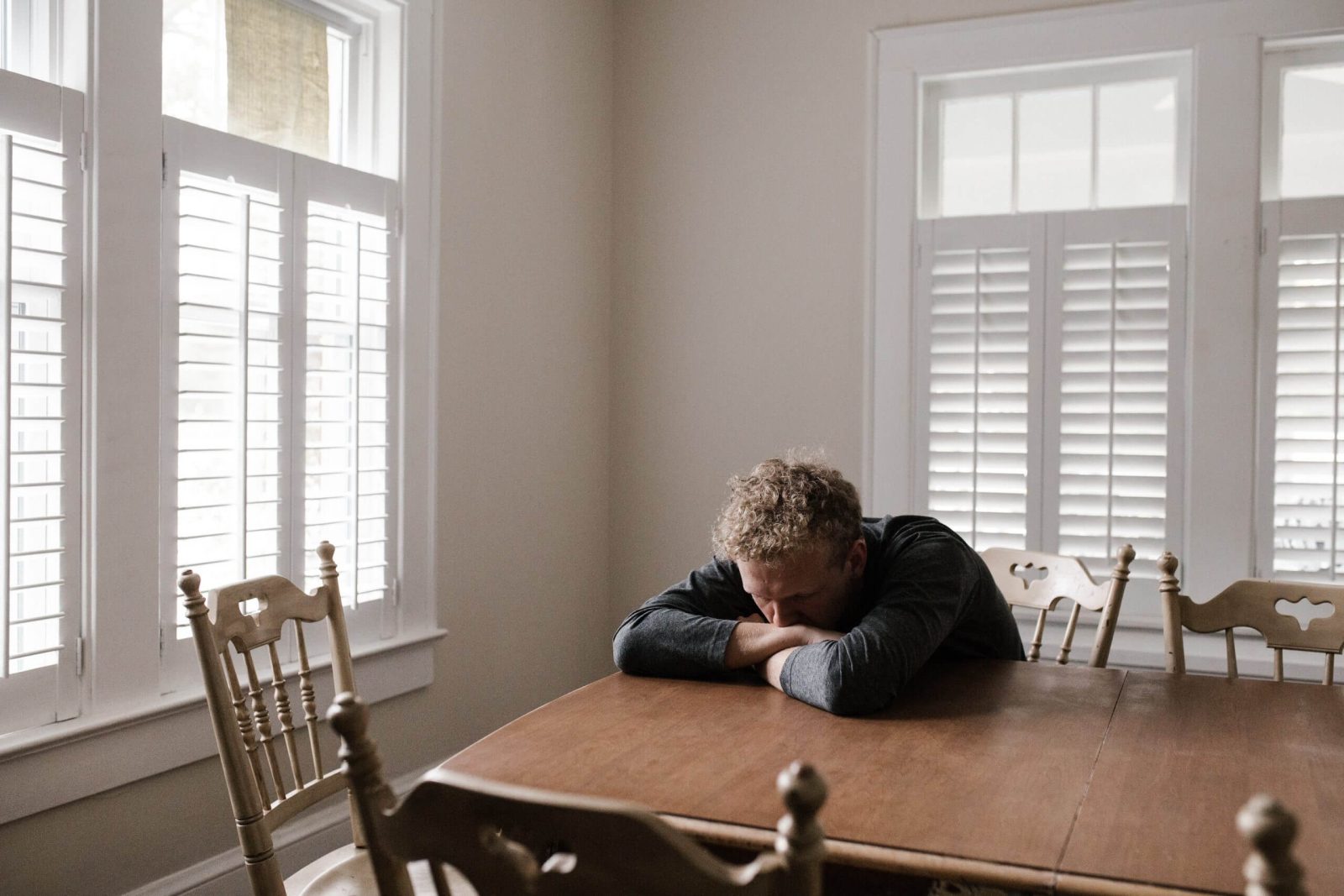Category: Anxiety
It is normal for people to feel anxious or sad in response to an unfavorable situation. However, as we treat severe cases of anxiety and depression, it’s easy to confuse one for the other.
A reason for this is the close relationship between these disorders. People often consider depression as a product of anxiety, and vice versa. For psychiatrists, a line must be drawn in order to come up with effective treatment plans.
How do professionals make the distinction? Can we also say that depression and anxiety can occur at the same time?
The real score between anxiety and depression
Let us have a basic understanding of both of these disorders.
Firstly, depression is considered a single condition. It is characterized by several interrelated symptoms, such as insomnia, a general lack of interest, and anxiety. On the other hand, anxiety can be a symptom of other disorders such as phobias and panic disorders. It can also be diagnosed and treated as a separate disorder.
In addition to these descriptions, an article by Dr. Deborah Glasofer for Verywell Mind points out that depression results from disappointing situations. Depressed individuals may feel a sense of hopelessness and are prone to suicidal thoughts.
Anxiety, on the other hand, occurs in the face of danger. People who experience anxiety tend to overthink and avoid potentially stressful situations. Moreover, they are also prone to thinking about the possibility of death as in the case of severe phobias.
Psychiatrists take these differences seriously to come up with accurate diagnoses. In most cases, we can see symptoms associated with depression in patients with panic disorders. On the other hand, depression is more likely to develop in people who have a history of anxiety disorder, according to the Anxiety and Depression Association of America.
This overlap of symptoms has been the subject of numerous clinical studies. The good news is that anxiety and depression (even as they occur together under a single disorder) are treatable.
Hitting two birds with one stone
If a patient experiences both depression and anxiety, a mental health professional can use a set of holistic approaches for treating such conditions. Counseling is the most common type of treatment prescribed to patients with underlying symptoms.
This must work hand-in-hand with medication, specifically antidepressants such as selective serotonin reuptake inhibitors (SSRIs). Drugs such as bupropion, though used mainly for treating depression, are also found to be effective against anxiety.
Then again, there is no one size fits approach to treating severe cases of anxiety and depression. You will need to consider the severity of your symptoms as well as your sensitivity to certain drugs. It’s important to consult with a psychiatric professional to help you come up with the right mix of treatment options that won’t lead to certain risks.
If you or a loved one is experiencing depression, anxiety, or a condition that manifests both, reach out to MIdCities Psychiatry today. We specialize in diagnosing and treating a range of mental health disorders using up-to-date tools and strategies.
Call us at 817-488-8998 or check out our services page for a full list of our offers for patients.

